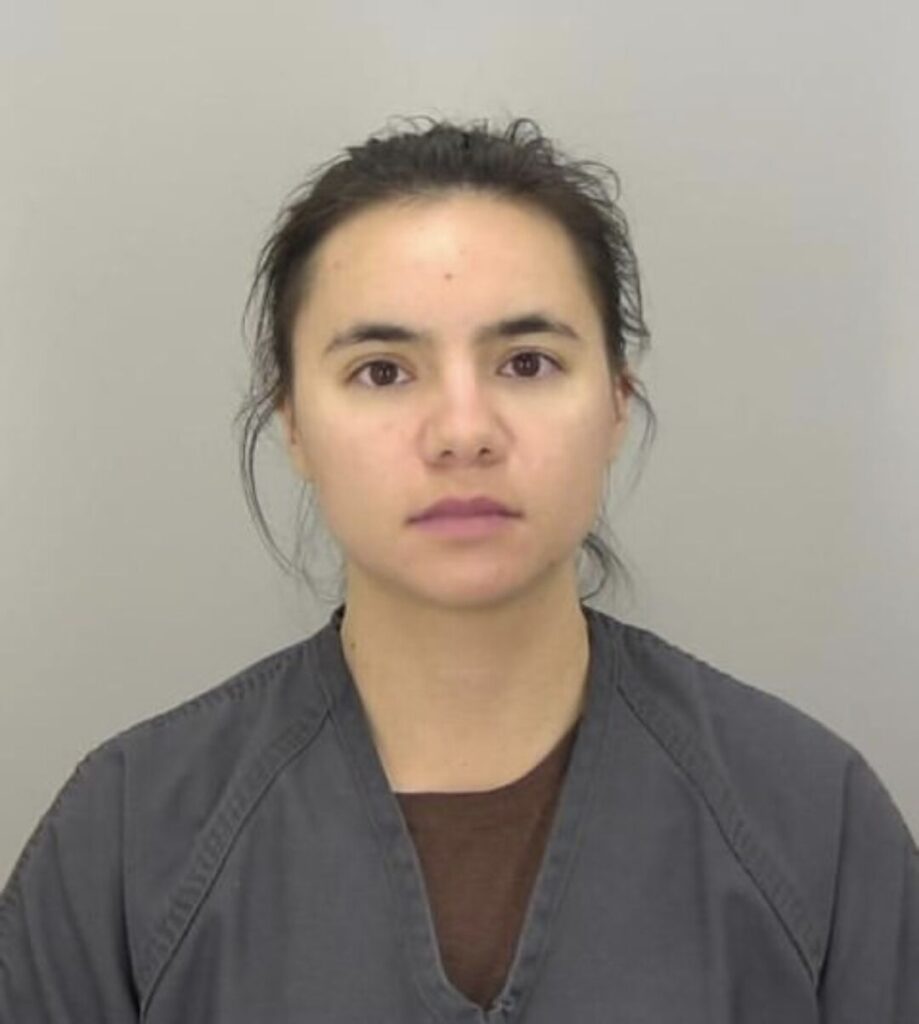Colorado justices to hear cases on ‘borrowed’ allegations, policyholders’ failure to cooperate
The Colorado Supreme Court announced on Monday that it will hear an appeal asking whether lawyers can incorporate allegations from other lawsuits into their own complaints without personally speaking with witnesses in the prior cases first.
At least three of the court’s seven members must agree to hear a case on appeal.
The justices will also address whether automobile insurers must satisfy certain conditions before claiming a policyholder failed to cooperate in an investigation, even when the insurance policy requires the customer to provide documentation for their injuries.
‘Borrowing plausibility’
Under Colorado’s rules for civil cases, attorneys must attest that the complaints they file are well-grounded in fact to the best of their “knowledge, information, and belief formed after reasonable inquiry.” But what if a lawyer can make their case stronger by importing allegations from other legal proceedings involving the same defendant? Do they have to speak with the witnesses who made the allegations in those cases, too?
Not necessarily, ruled the Court of Appeals last year.
Dean Houser sued CenturyLink and its directors based on allegations the telecommunications company violated federal securities law by failing to publicly disclose deceptive charging practices at the time of its merger with Level 3 Communications, Inc.
After a trial judge dismissed Houser’s original complaint and the Court of Appeals reinstated it, Houser amended the lawsuit to include allegations of CenturyLink’s conduct gleaned from multiple states’ attorney general investigations and other litigation. Houser’s attorneys attested they had reviewed federal filings, press releases, earnings calls, media reports and had discussions with lawyers in the other civil proceedings.
After CenturyLink pointed out Houser’s attorneys had imported his allegations from elsewhere, Boulder County District Court Judge Dea M. Lindsey refused to consider those portions of the complaint and she dismissed the lawsuit. But a three-judge Court of Appeals panel decided the practice of “borrowing plausibility” is acceptable so long as some investigation takes place.
The rule “does not require an attorney to speak with confidential witnesses who are the source of factual allegations taken from a complaint in another case before incorporating those allegations into the complaint in the attorney’s case,” wrote Judge Steve Bernard.
The CenturyLink defendants appealed to the Supreme Court, arguing the Court of Appeals had cleared the path for Colorado to become a haven for “copycat” lawsuits that “parrot” allegations lawyers made in other courts.
“In cases like this one, the attorney who actually investigated their plaintiffs’ claims is absent and owes no duty to any court in this state,” CenturyLink’s lawyers wrote.
Houser’s attorneys disputed CenturyLink’s characterization of the Court of Appeals decision, and argued nothing supported the “extreme position” that lawyers must first speak to the witnesses who are referenced in other lawsuits before incorporating those allegations into their own case.
The Supreme Court will examine the issue.
The case is CenturyLink, Inc. et al. v. Houser.
Failure to cooperate?
Anthony Wenzell was seriously injured in a 2014 car accident. He underwent surgery nearly 2.5 years later and in April 2017, Wenzell’s doctor determined he was healing well. But the following day, a driver rear-ended Wenzell again, causing a new round of injuries.
Wenzell received $100,000 from the insurance company of the driver who hit him, but his estimated damages from the second collision exceeded $2.7 million. Consequently, he sought benefits from his primary insurance company, State Farm, which had a limit of $1 million. Wenzell also pursued benefits from United Services Automobile Association (USAA), which provided him secondary coverage up to $300,000.
State Farm sought various documentation, including medical records, that Wenzell’s policy obligated him to share. While Wenzell provided some information, he contended other requests were inappropriate or unnecessary to investigate the claim.
Consequently, State Farm moved to end Wenzell’s lawsuit in its favor, as he had not satisfied the contractual provision. USAA, meanwhile, also moved to end the case, as Wenzell could not recover money from his secondary insurer if he had not gone through the process with his primary insurer first.
Then-El Paso County District Court Judge Marla Prudek agreed with the insurance companies, prompting Wenzell to appeal.
The Court of Appeals’ decision focused on a development that occurred after Wenzell’s second accident, but before he filed suit. In 2020, the legislature changed state law to limit insurance companies’ ability to claim their policyholders failed to cooperate. Among other things, an insurer has to give their policyholder time to address any specifically identified failures to cooperate in the claim investigation.
“Neither insurer did so here,” wrote Judge Terry Fox for the appellate panel. “The insurer must clearly identify perceived deficiencies, so the insured is given notice — and a deadline — to provide what is needed to evaluate a claim or risk its denial.”
She added that USAA had its own duty to investigate Wenzell’s claim because even if State Farm had granted him full benefits under its policy, Wenzell’s injuries were costly enough to trigger his secondary USAA coverage.
Both insurers appealed. The companies maintained there was a difference between a policyholder’s failure to cooperate and his failure to satisfy a condition of the policy. The 2020 law only addressed failures to cooperate, and did not change the fact that Wenzell did not follow a provision of the contract, they argued.
The Supreme Court agreed to answer whether the 2020 law addressing policyholders’ failures to cooperate extended to Wenzell’s situation, and also whether USAA needed to separately proceed with Wenzell’s claim regardless of the State Farm investigation.
Justice Melissa Hart is not participating in the appeal. As is the Supreme Court’s practice, she did not disclose the reason for her recusal.
The case is United Services Automobile Association et al. v. Wenzell.
Colorado Politics Must-Reads:














